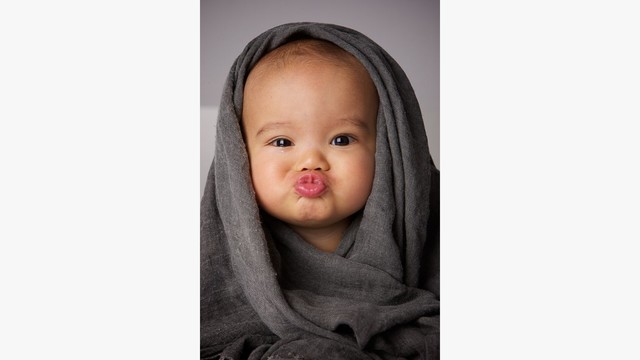Innocent non-guilty worker(s)
Support employees from evil employers that we all know about that are why we need your help to hire honest lawyers and bring justice.
Support employees from evil employers that we all know about that are why we need your help to hire honest lawyers and bring justice.
Help us give the World the amazing future it deserves!
Credits: Kat Napiorkowska
Nearly seven in 10 adults (69 percent) in the U.S. report having experienced any discrimination, with 61 percent reporting experiencing day-to-day discrimination, such as being treated with less courtesy or respect, receiving poorer service than others, and being threatened or harassed.
Whom does fighting hatred benefit?
There are a wide variety of contexts where destroying hatred can have a big impact:
Children in low-resource schools
Children displaced by refugee crises
Children in out-of-school contexts, such as rural community centers and orphanages
Prisoners, To help with high school completion and job readiness
Doctors, nurses, and community health workers in under-resourced areas
Within this report, discrimination is reported across subgroups of adults, including age, race or ethnicity3, disability, gender, sexual orientation and gender identity.
Children in low-resource schools
Children displaced by refugee crises
Children in out-of-school contexts, such as rural community centers and orphanages
Prisoners, To help with high school completion and job readiness
Doctors, nurses, and community health workers in under-resourced areas
Within this report, discrimination is reported across subgroups of adults, including age, race or ethnicity3, disability, gender, sexual orientation and gender identity.
For example, adults with a disability are twice as likely as adults without a disability to say that their life has been harder (a lot or some) because of discrimination and that discrimination has interfered with them being able to live a full and productive life4 (for both references: 19 percent of adults with a disability vs. 9 percent of adults without a disability).5 For all groups surveyed, The most commonly reported experiences of major discrimination relate to employment.
Almost half of all adults (47 percent) report experiencing major forms of discrimination, which include police unfairly stopping, searching, questioning, physically threatening or abusing them; neighbors making life difficult for them or their family upon moving into a neighborhood; a teacher or advisor discouraging them from continuing their education; or experiencing unfair treatment when receiving health care.
• Nearly two in five Black men (39 percent vs. 19 percent of all men) say that police have unfairly stopped, searched, questioned, physically threatened or abused them. More than one in three Asian men report being unfairly denied a promotion (35 percent vs. 24 percent of all men).
• At least 7 in 10 American Indian/Alaska Natives (AI/AN) (81 percent), Blacks (76 percent), Asians (74 percent) and Hispanics (72 percent) report having experienced everyday discrimination, such as being treated with less courtesy or respect, being treated as if they are not smart or receiving poorer service than others, compared to 61 percent of all adults.
• Thirty-four percent of (AI/AN), 23 percent of Blacks, 19 percent of Hispanics, 11 percent of Whites and 11 percent of Asians report experiencing these sights almost every day or at least once a week.
• While Black (71 percent), Asian (64 percent), Hispanic (56 percent) and AI/AN (36 percent) adults report that race is the main reason they think they experienced day-to-day discrimination, White adults overall are most likely to attribute the experience to age (33 percent).
• Around half or more Black (60 percent), AI/AN (50 percent), Asian (49 percent) and Hispanic (45 percent) adults say their lives have been at least a little harder because of discrimination, with one in 10 AI/AN and nearly the same percentage of Black adults (8 percent) saying it has made life a lot harder.
• Nearly one-quarter of adults who are LGBT (23 percent) say that they have been unfairly stopped, searched, questioned, physically threatened or abused by the police. This group of adults also reports being unfairly not hired for a job (33 percent) and being unfairly discouraged by a teacher or advisor to continue their education (24 percent).5
• Younger adults are the most likely to say they have experienced any discrimination (75 percent of millennials, compared to 72 percent of Gen Xers, 67 percent of boomers and 56 percent of matures).6
• Thirty percent of women cite gender as a reason for day-to-day discrimination, compared to just 8 percent of men.

No comments:
Post a Comment